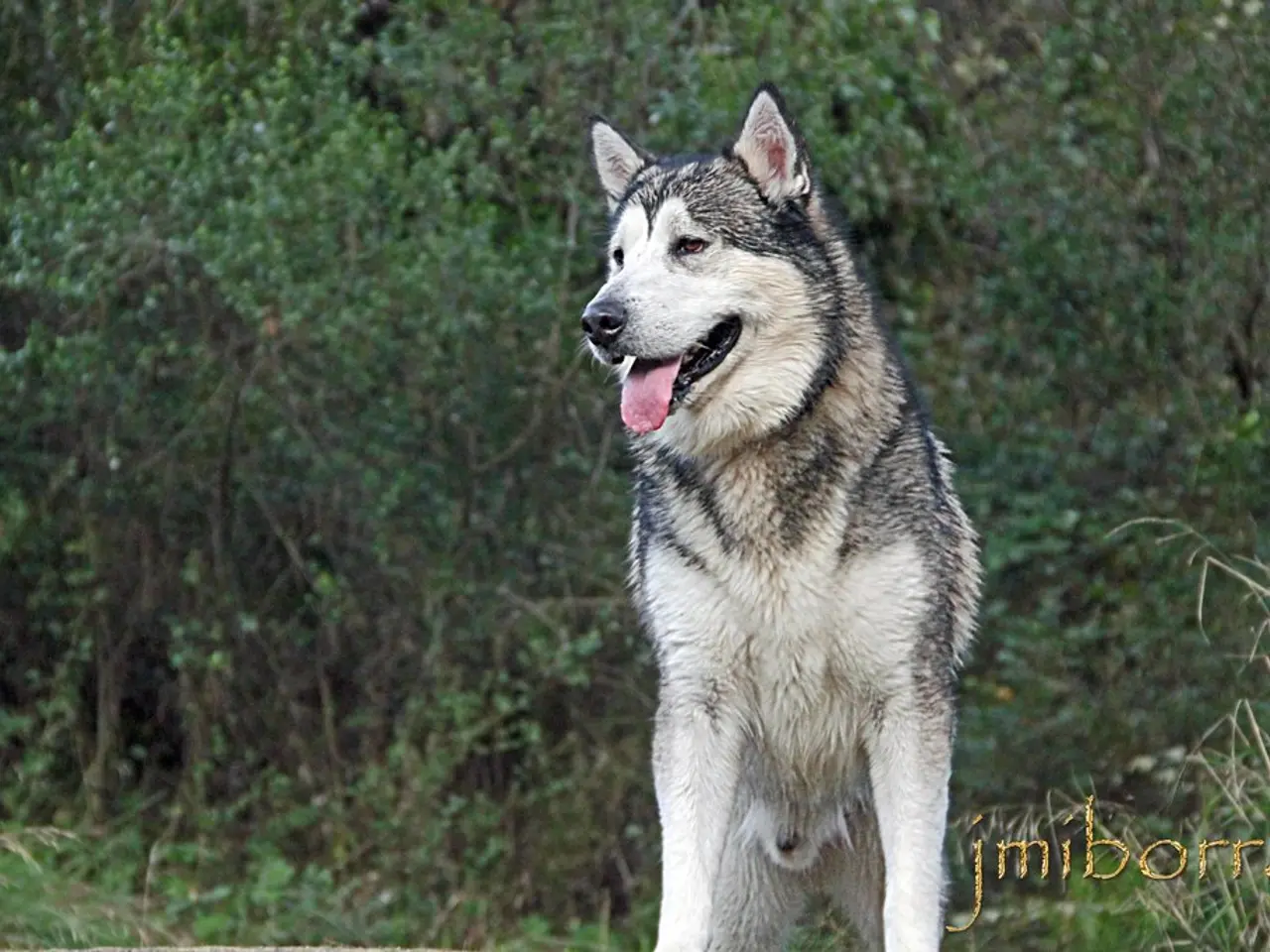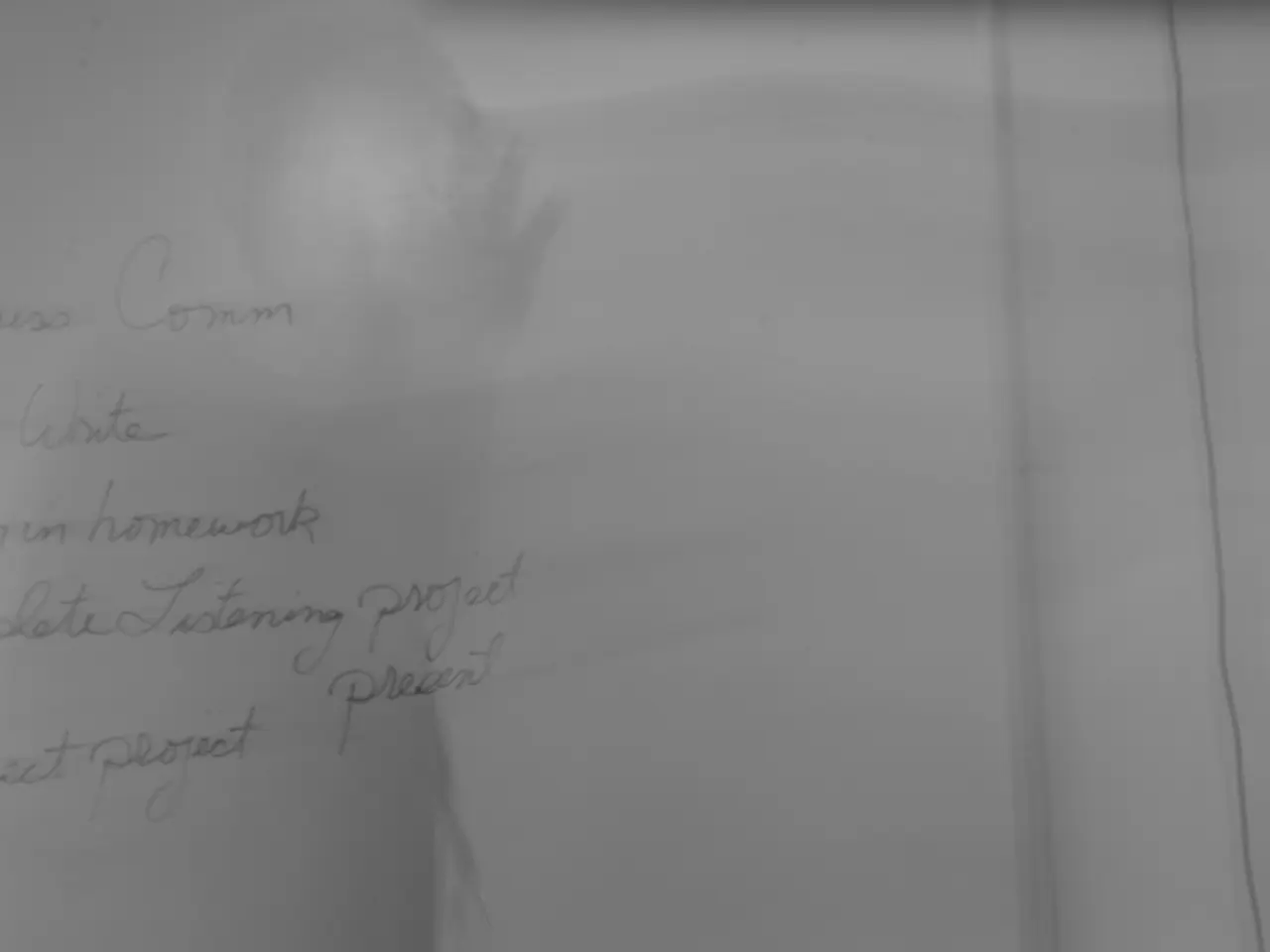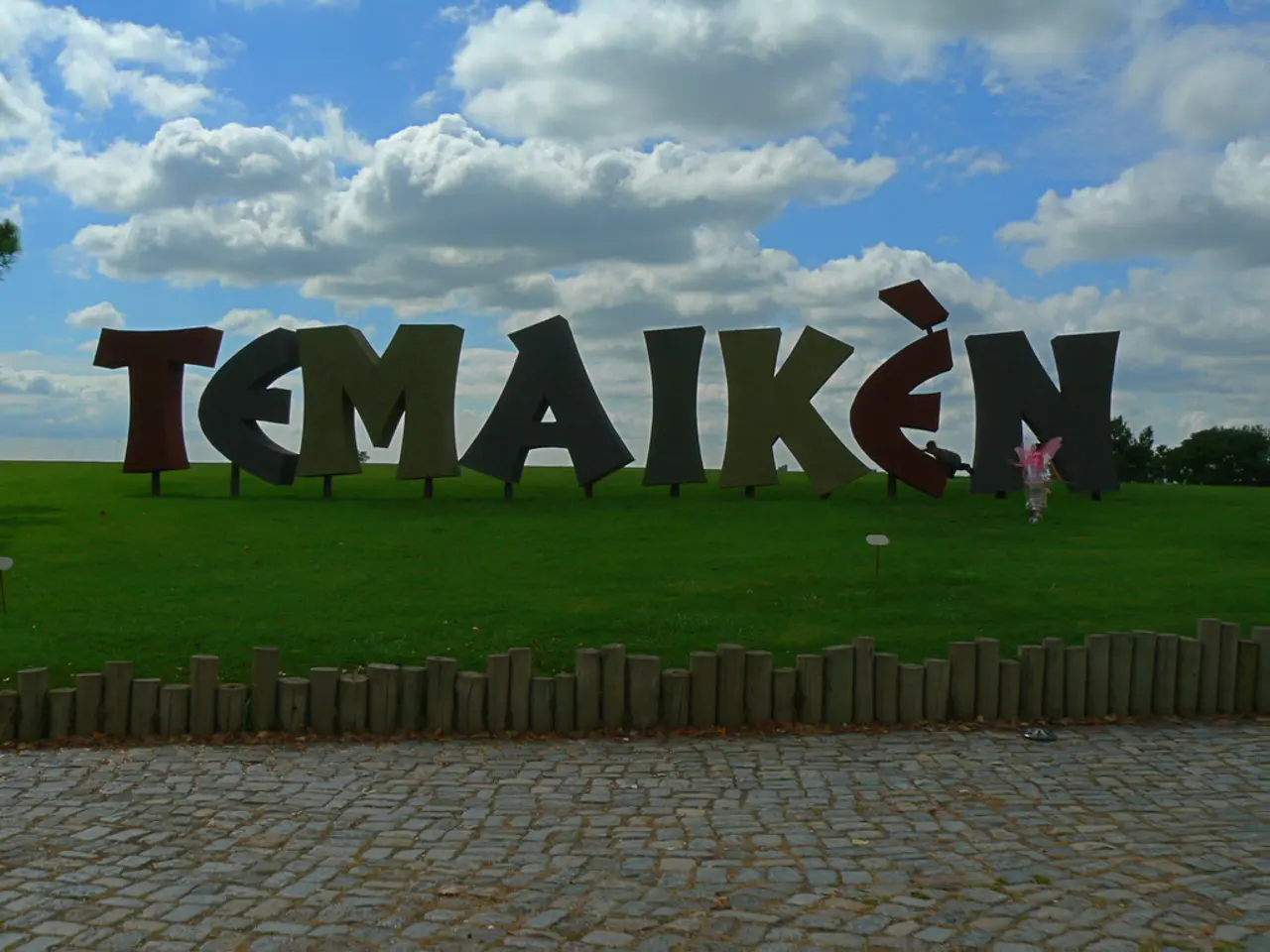Wolves and their controversial management are causing a stir again. - Movement persists in the wolf controversy?
In recent developments, Germany is re-evaluating its approach to wolf conservation, with regional downgrades of protection allowing for regulated culling in areas deemed favourable. Bavaria, one of the federal states resisting broad hunting while seeking greater management tools for problem wolves, is at the centre of this debate.
The European Parliament voted in May–June 2025 to downgrade the wolf’s protection under EU rules, prompting member states, including Germany, to reassess national conservation status and management options. The German federal government has declared parts of the country, notably the north/Atlantic region, as having a favourable conservation status for wolves, citing substantial population growth.
Bavaria, historically one of the states most affected by wolf–livestock conflicts, has pressed for stronger management powers. However, Bavarian politicians and officials have emphasised targeted solutions rather than unrestricted hunting, seeking legal tools to remove problem individuals and protect farmers while remaining within federal and EU rules.
The push for regulated wolf management, including targeted culling/harvest where packs or individuals are judged to threaten livestock or public safety, has met with opposition from conservation scientists and many NGOs. They warn that downgrading protection and political reclassification of “favourable conservation status” risks being driven by politics rather than strictly by the scientific criteria required under the EU Habitats Directive.
The future of wolf management in Bavaria is uncertain as Bavarian Agriculture Minister Michaela Kaniber and Economics Minister Hubert Aiwanger are set to meet on Thursday to discuss the Bavarian Hunting Act. The disagreements over the protection status of the wolf within the Bavarian coalition and the intense public debate in Bavaria between farmers, conservation NGOs, and hunting associations over any expansion of lethal control remain contentious issues.
As the situation unfolds, it will be interesting to observe how German federal and state authorities finalize regional conservation-status designations, whether Bavaria implements any expanded lethal control beyond targeted removal of problem animals, and if there are legal challenges and EU oversight. Monitoring reports and population data updates will also be crucial in justifying any management changes.
- The European Parliament's decision to downgrade the wolf's protection under EU rules in May–June 2025 has led various EC countries, including Germany, to reconsider their environmental protection policies and assess national conservation statuses and management options for wolves.
- Amidst debates on wolf conservation in Germany, the push for regulated management, including targeted culling, in specific areas deemed to have a favourable conservation status has sparked controversy among environmental scientists and NGOs, with concerns that this shift towards politics may undermine the stricter scientific criteria required under the EU Habitats Directive for environmental protection.







